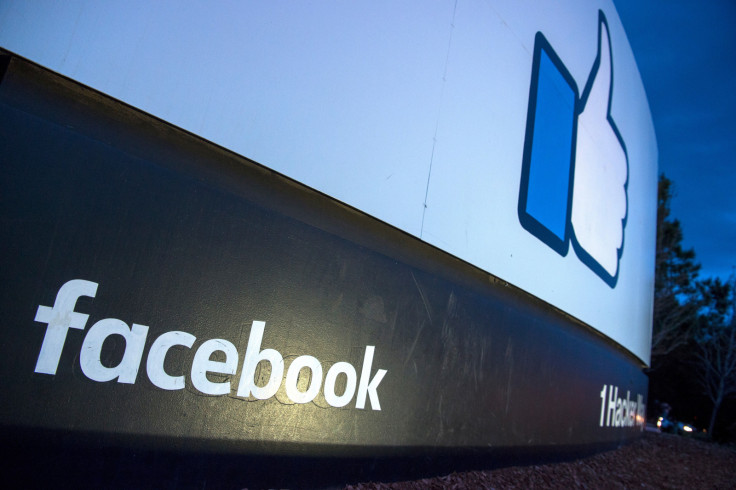Facebook Libra currency to be backed by US dollar
The social network's plan to launch a cryptocurrency has hit rough waters recently, with many governments questioning its legitimacy.
Facebook's ambitious plans to launch the Libra cryptocurrency have been a cause of concern for governments worldwide. Given the social media network's reach to almost half of humanity, if it acquires the power to create and regulate currency, it could end up becoming a Frankenstein monster – a concern that has created fervent opposition to the plans to launch it.
The company is now working on an innovative solution – backing it with real-world money. It sent a letter to German politician Fabio de Masi stating that at least 50 percent of the value of the Libra cryptocurrency will be backed by the US dollar, while the remaining value will come from other currencies in this order – Euro (18 percent), Japanese Yen (14 percent), British Pound (11 percent) and Singapore Dollar (7 percent).
The presence of the US dollar will provide legitimacy to Libra, as it is currently the basis of the global financial system. What's conspicuous is that Facebook has totally omitted the Chinese Yuan from the cryptocurrency, which might be a move to assuage US fears over Chinese influence. China has been accused repeatedly of unfair trade practices such as softening the Yuan to help boost its exports.
There are other concerns also. The volatility of Bitcoin has shown that any such large scale project could have wide-ranging economic implications. Countries such as France and Germany worry about its impact on the Euro and their economy.
Despite the support of these currencies, it will depend on each country if it permits Facebook to provide Libra in its jurisdiction.
It's also important that Facebook has written to left-wing politician de Masi because the Left in any country will be most opposed to such a currency.
Making a cryptocurrency legitimate will potentially have consequences. Ending the state monopoly over currency and giving the regulation power to a private company is risky. This is especially a matter of concern since it involves Facebook, which has been repeatedly hauled over for privacy and security issues.

© Copyright IBTimes 2025. All rights reserved.





















